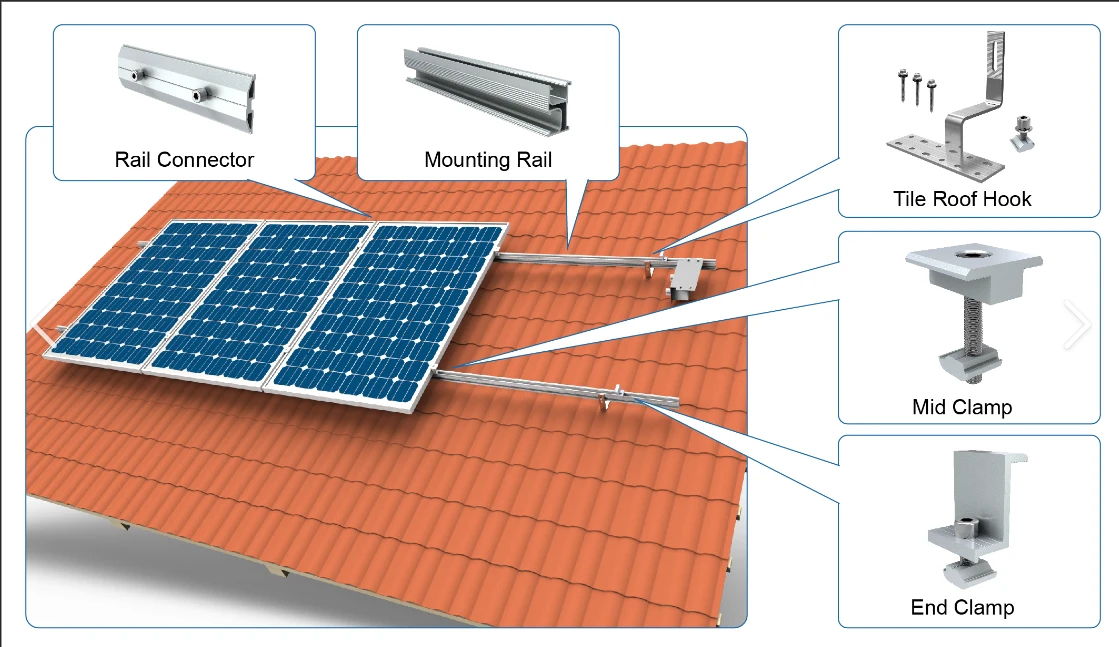solar panel system for small house
A Comprehensive Guide to Solar Panel Systems for Small Houses
As the world increasingly shifts towards sustainable energy, solar power has emerged as a viable and eco-friendly option for homeowners, particularly those living in small houses. A solar panel system not only reduces electricity bills but also contributes to a greener planet. In this article, we will explore the benefits, considerations, and basic components of solar panel systems tailored for small homes.
Benefits of Solar Panel Systems
1. Cost Savings One of the most significant advantages of installing solar panels is the reduction in electricity costs. By harnessing the sun's energy, homeowners can offset their utility bills significantly. In many cases, small homes produce enough energy to cover their entire consumption, leading to zero electricity expenses.
2. Environmental Impact Solar energy is a clean, renewable resource, which means utilizing it helps reduce reliance on fossil fuels, thereby decreasing greenhouse gas emissions. For environmentally conscious homeowners, solar panels offer a tangible way to contribute positively to the planet.
3. Energy Independence With a solar panel system, homeowners become less reliant on the grid, protecting them from fluctuating energy prices. Additionally, small houses can often go off-grid with the right solar setup, enhancing their self-sufficiency.
4. Increased Property Value Homes equipped with solar power systems typically see an increase in market value. Prospective buyers are often attracted to the prospect of reduced utility costs and the sustainability aspect of solar energy.
5. Government Incentives Many governments offer incentives, such as tax credits, rebates, and grants, to encourage solar energy adoption. Homeowners can take advantage of these financial incentives to make solar panel installation more affordable.
Considerations for Small Houses
Before opting for a solar panel system, several factors should be evaluated
1. Roof Space and Orientation The viability of solar panels largely depends on the amount of roof space available and its orientation towards the sun. Ideally, a south-facing roof with minimal shading from trees or buildings is most effective for solar energy generation.
2. Energy Needs Assessment Understanding the energy consumption patterns of the household is crucial. Homeowners should analyze their electricity bills to determine how much energy they typically use and how much of that could be produced by solar panels.
solar panel system for small house

3. System Size The size of the solar panel system should be determined based on energy needs. A smaller house will likely require fewer panels, which can lead to a lower upfront investment. Working with a solar professional can help homeowners size their systems appropriately.
4. Battery Storage For homeowners looking to maximize energy independence, investing in a battery storage system can be beneficial. Batteries store excess energy produced during sunny days for use during nighttime or cloudy days, further enhancing energy self-sufficiency.
5. Local Regulations and Incentives It’s essential to be aware of any local regulations regarding solar panel installation, as well as any incentives available. Local laws can vary significantly and may affect how and where systems can be installed.
Basic Components of a Solar Panel System
A typical solar panel system comprises several components
1. Solar Panels The most visible part of the system, solar panels convert sunlight into electricity. They are usually mounted on the roof and come in various sizes and efficiencies.
2. Inverter The inverter converts the direct current (DC) produced by the solar panels into alternating current (AC), which is used by most household appliances.
3. Mounting Structure This is the framework that holds the solar panels in place. It’s essential that the structure is durable and securely installed to withstand harsh weather conditions.
4. Battery Storage (optional) As mentioned earlier, battery systems can store excess energy for later use.
5. Monitoring System A monitoring system allows homeowners to track their energy production and consumption in real time, ensuring they can optimize their usage and production.
Conclusion
Investing in a solar panel system can be an excellent choice for small house owners looking to reduce energy costs and contribute to environmental sustainability. By understanding the benefits, conducting a thorough assessment, and selecting the appropriate components, homeowners can successfully transition to solar energy and enjoy the myriad advantages it offers. As technology advances and costs continue to decrease, solar energy is set to become an even more accessible resource for everyone.
-
String Solar Inverter: The High-Efficiency Solution for Smart Solar EnergyNewsJul.14,2025
-
Revolutionizing Rooftop Energy with the Power of the Micro Solar InverterNewsJul.14,2025
-
Power Independence with Smart Off Grid Solar Inverter SolutionsNewsJul.14,2025
-
On Grid Solar Inverter: Powering the Future with Smart Grid IntegrationNewsJul.14,2025
-
Monocrystalline Solar Panels: High-Efficiency Power for the Future of Clean EnergyNewsJul.14,2025
-
Bifacial Solar Panel: A Smarter Investment for Next-Generation Energy SystemsNewsJul.14,2025







